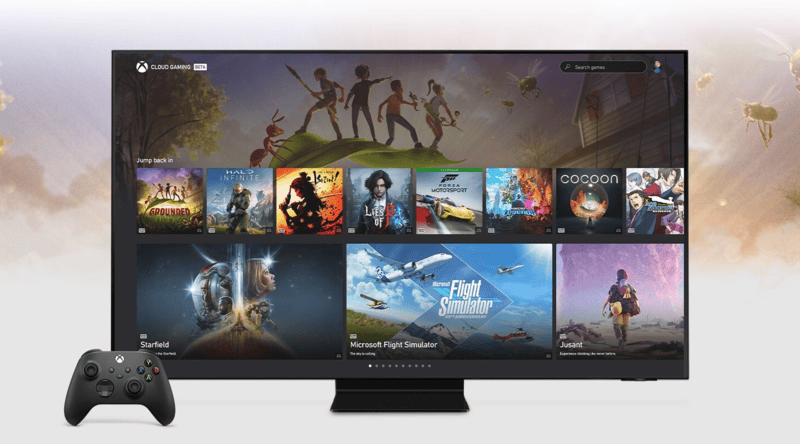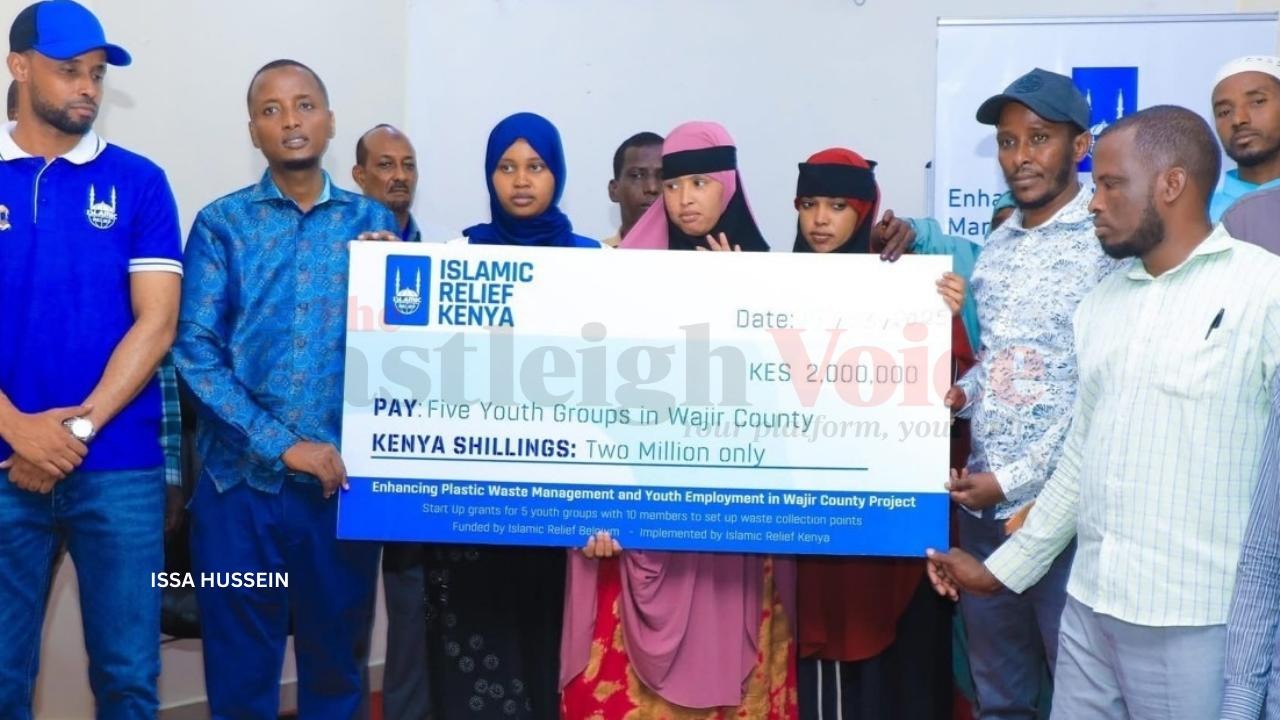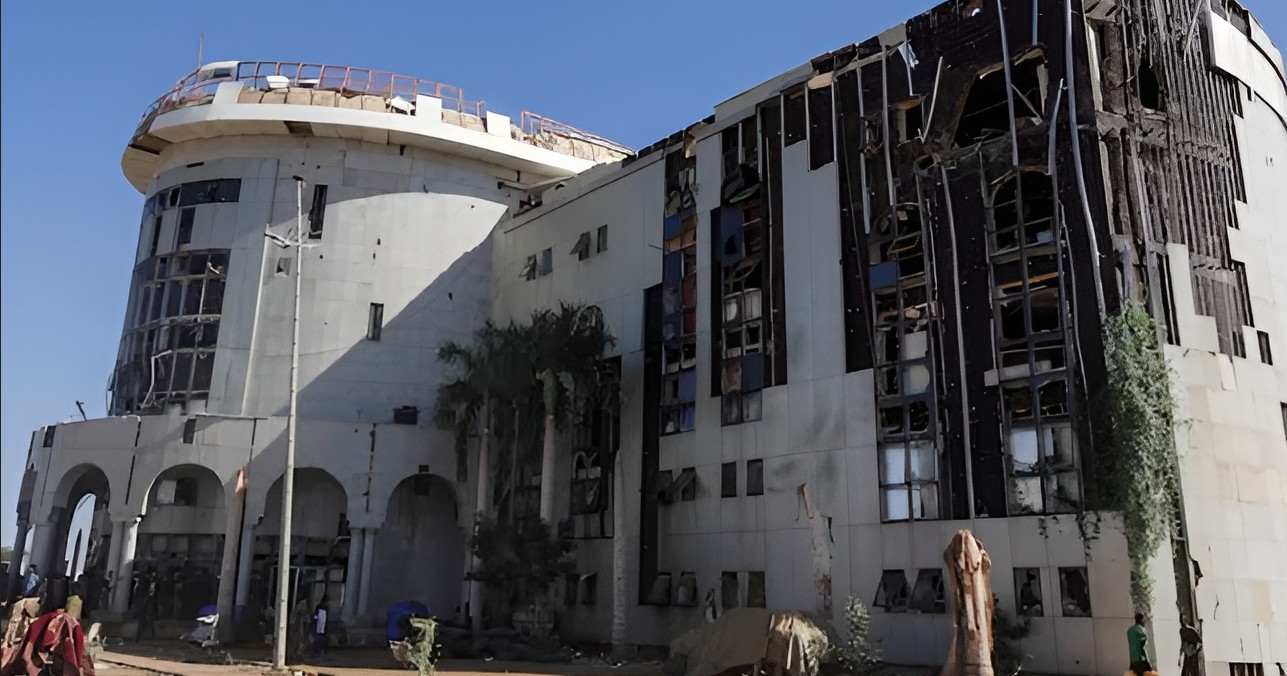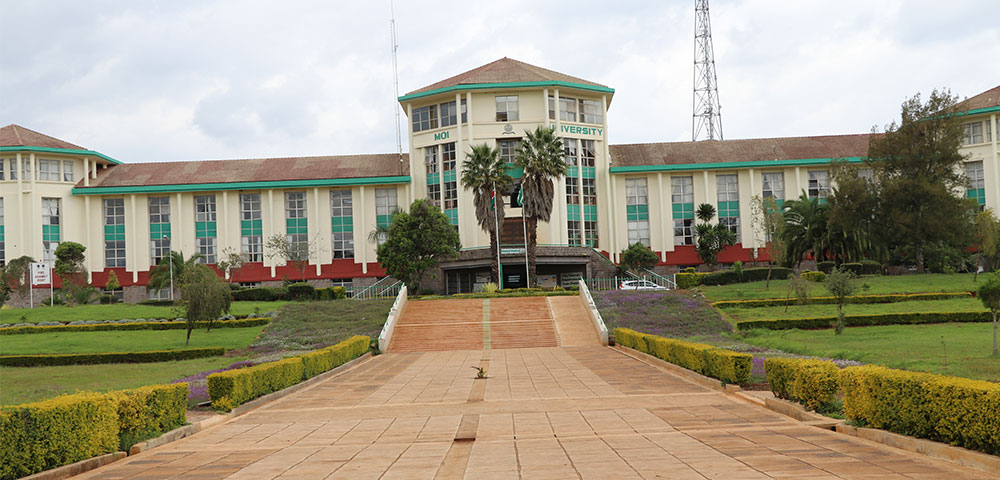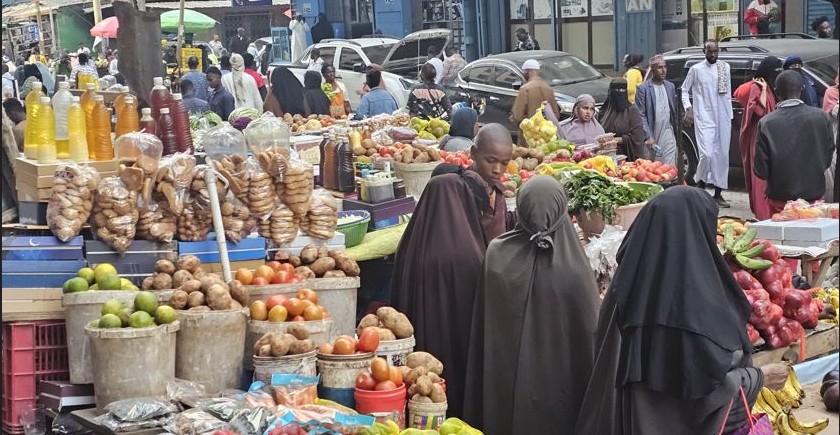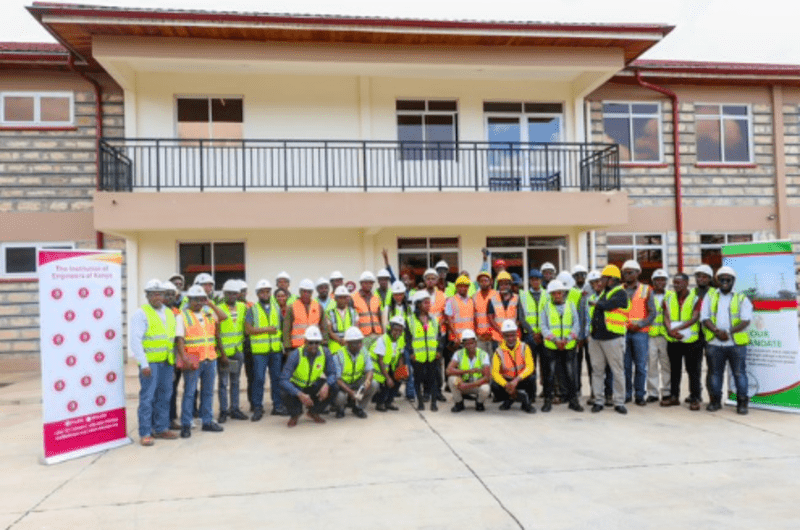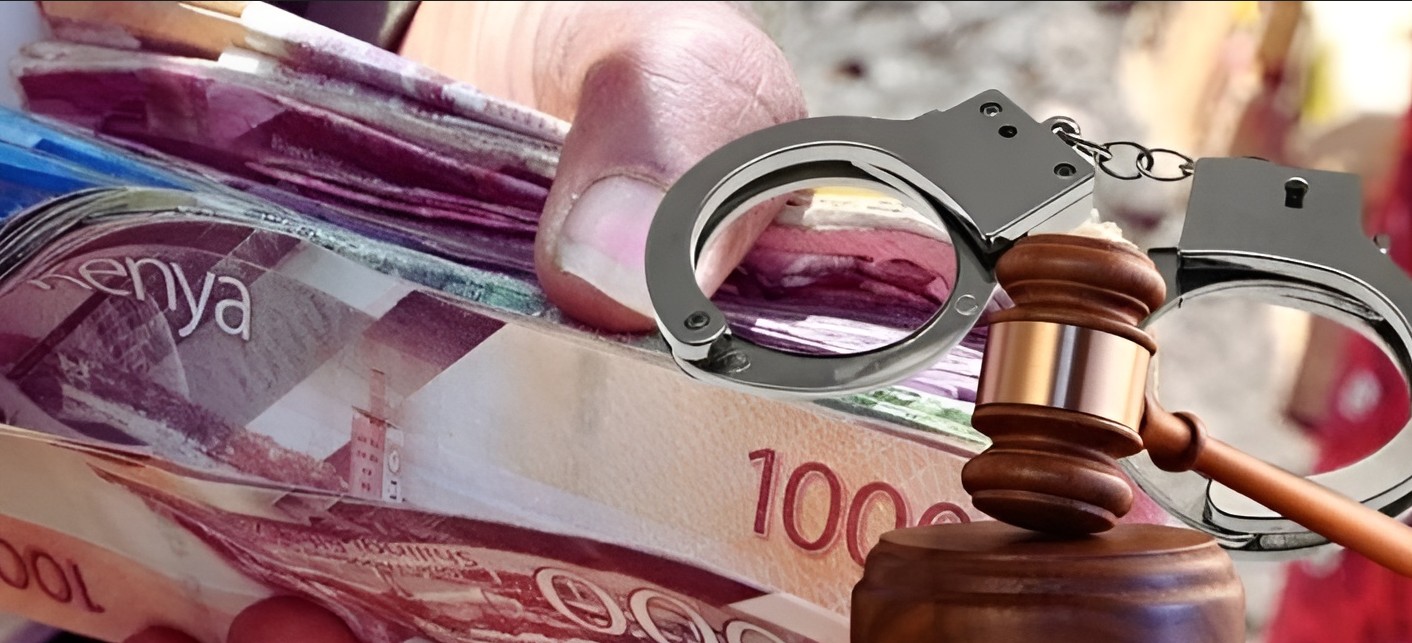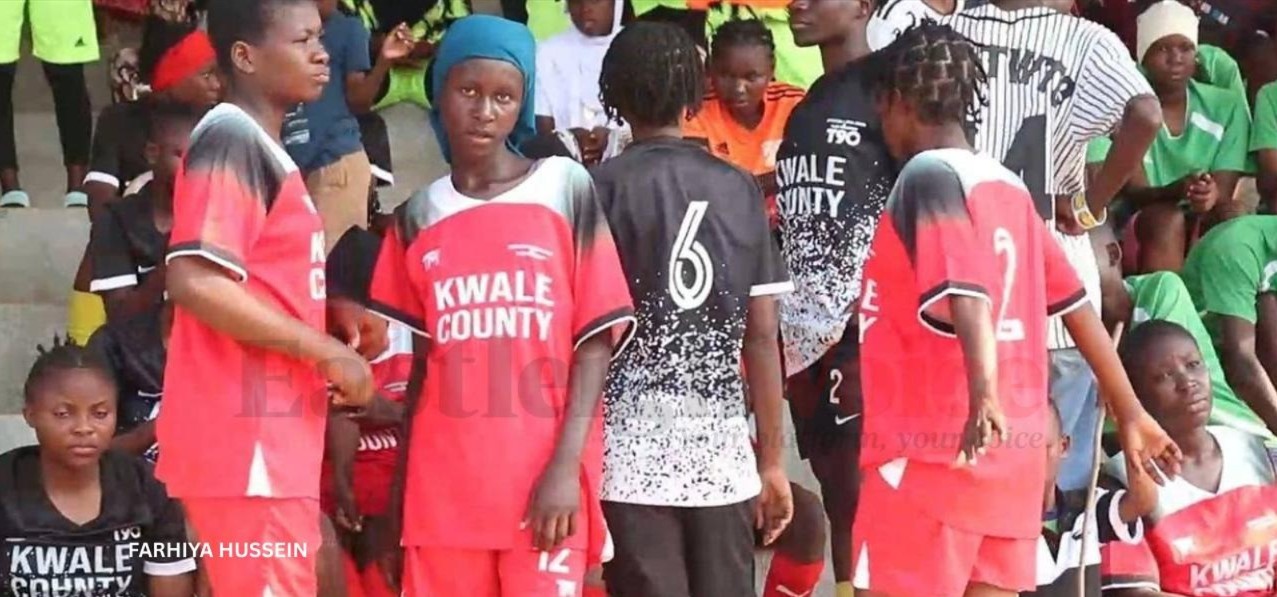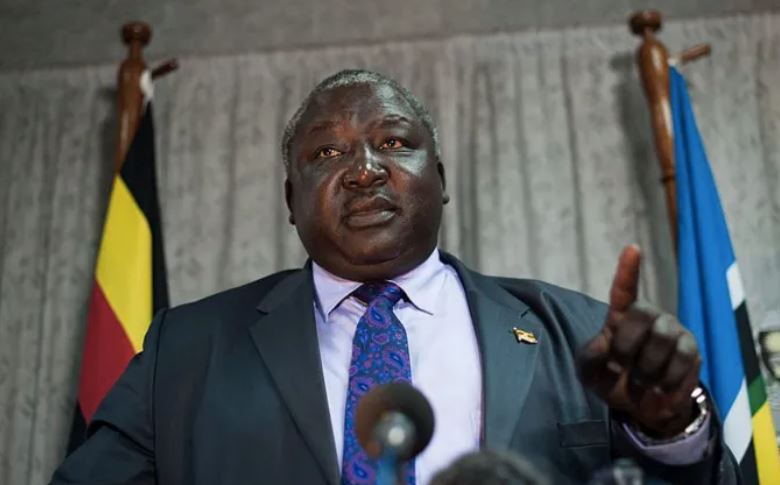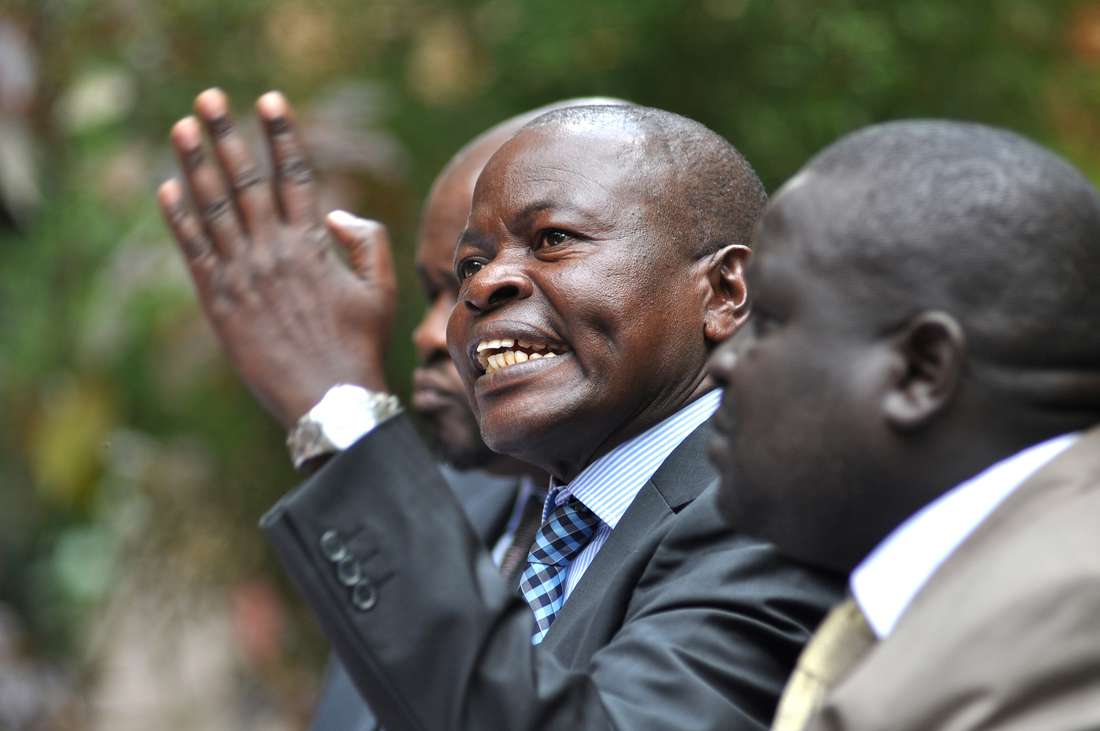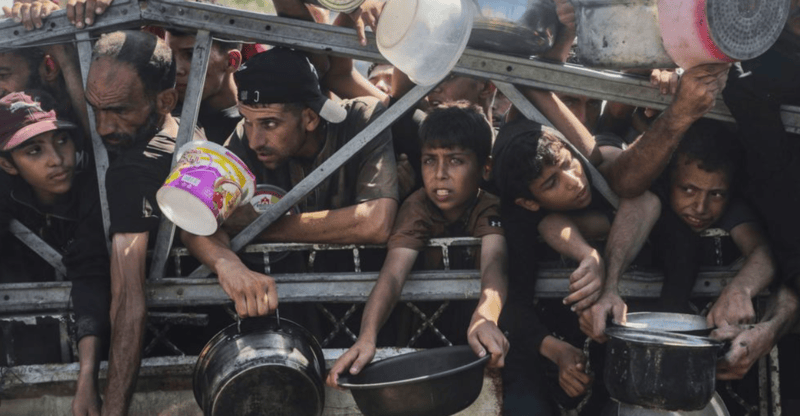KEBS intercepts unsafe electrical extension sockets worth Sh2.5 million at Mombasa port
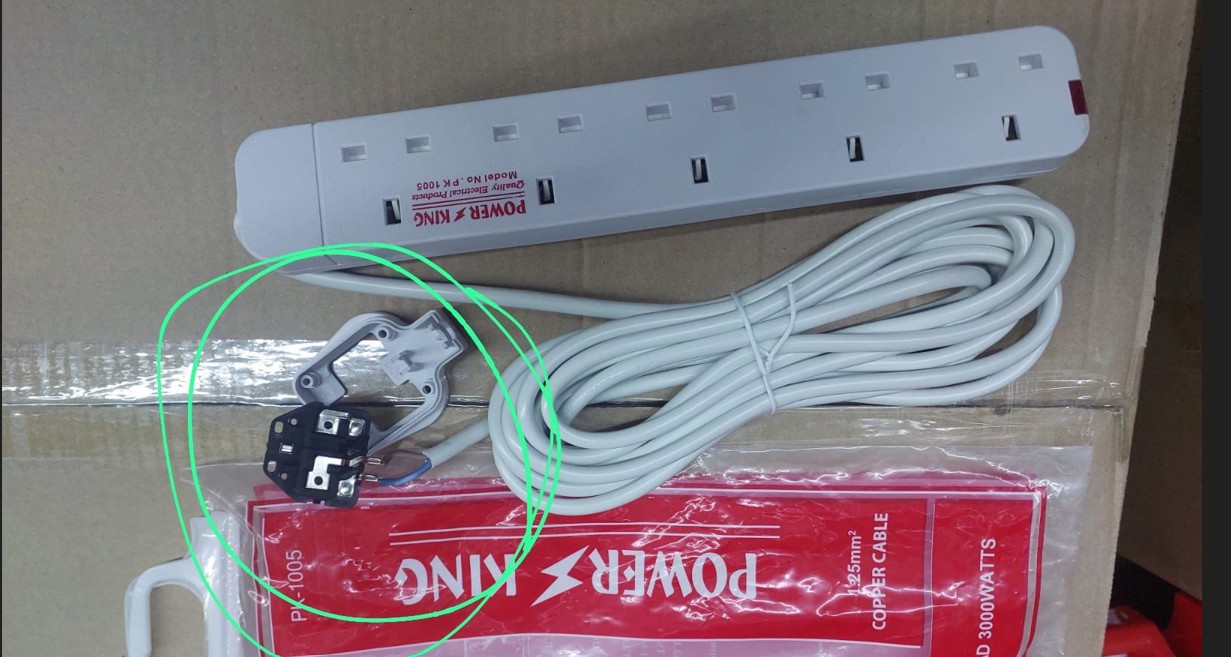
According to KEBS, the sockets lacked essential safety features required under local standards, posing a significant risk of electrocution and fire.
The Kenya Bureau of Standards (KEBS) has seized more than 24,000 electrical extension sockets in Mombasa after deeming them unsafe for use in the Kenyan market.
According to KEBS, the sockets, valued at approximately Sh2.5 million, lacked essential safety features required under local standards, posing a significant risk of electrocution and fire.
More To Read
- Audit exposes confusion over control of Sh5 billion Lamu Port
- Lamu Port sets record with simultaneous berthing of two container vessels
- MPs probe KEBS's controversial vehicle inspection tender
- Lamu Port records busiest period yet as global shipping giants boost calls
- NTSA releases list of licensed vehicle body builders and assessors
- KPA sets August 14 deadline for removal of abandoned containers at Mombasa Port
The 40-foot container carrying the items was intercepted at the Mitchell Cotts Freight Station in Kibarani, Mombasa. Inside were 24,300 electrical extension sockets packed in 30 cartons.
Upon inspection, KEBS found that the products failed to meet the requirements of KS EAS 495 Parts 1 and 2.
“These electrical extension sockets were found not suitable for the Kenyan market because they lacked safety features prescribed in the standard. Their use would expose consumers to dangers of electrocution and fire,” KEBS Managing Director Esther Ngari said.
Ngari led the handover of the seized goods to the Kenya Revenue Authority (KRA) for either re-exportation to the country of origin or destruction at the importer’s cost.
Product quality
The seizure forms part of KEBS’s broader strategy to safeguard the public from substandard imports and to enforce product quality regulations across entry points and local markets.
“KEBS has remained vigilant and proactive in ensuring the safety of products in the Kenyan market through the development of standards, adoption of international standards, rigorous testing, and inspection of imports at both source and destination points,” Ngari said.
The bureau confirmed it has enhanced surveillance operations, not only at ports of entry but also in markets across the country, to ensure goods meet the standards required for consumer safety.
The Mombasa interception is among recent steps taken to intensify a crackdown on non-compliant imports that could pose significant health and safety risks to the public.
“We urge all importers to comply with set standards to avoid losses associated with the seizure or destruction of goods,” Ngari added.
KEBS said it had invested in modern testing infrastructure and strengthened partnerships with other government agencies, including KRA, to bolster enforcement.
As the regulatory agency charged with ensuring product quality and safety, KEBS reiterated its commitment to protecting consumers and upholding fair trade practices in the country.
Top Stories Today



